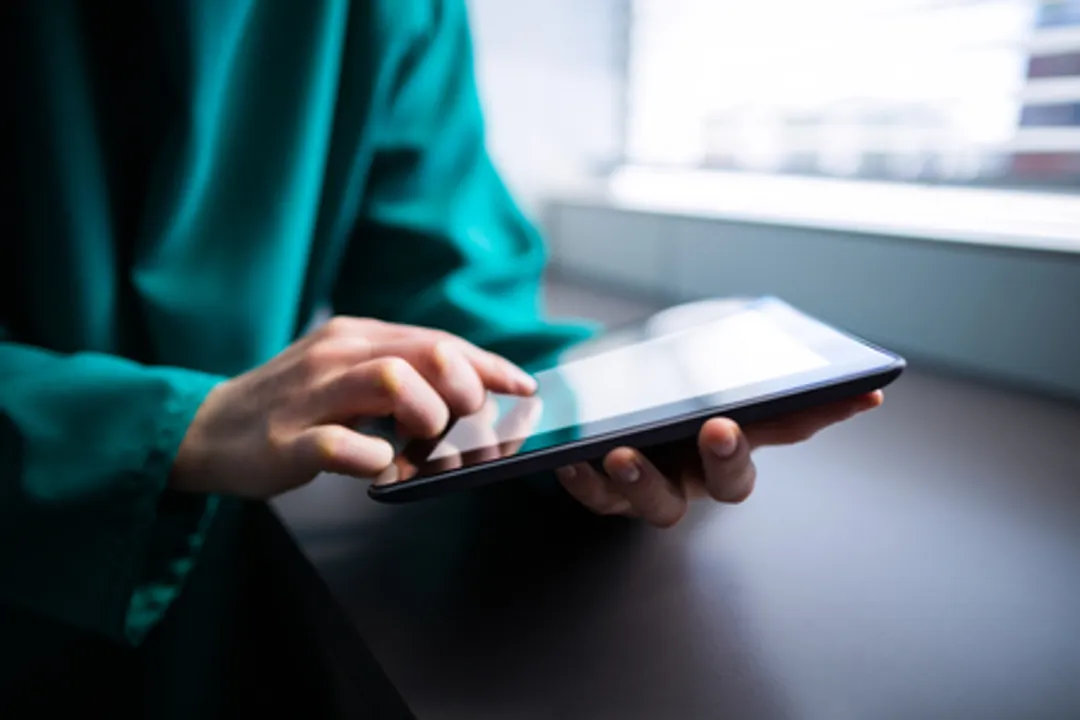Electronic Health Records: The Scourge

Wavebreak Media Ltd/123RF.com
Scourge:
- An instrument of punishment or criticism
- A cause of wide or great suffering
- Whip or Lash – especially for torture
Introduction
They say you never forget your first time. I remember mine, vividly. If only I could erase the memory. I had high expectations and higher hopes, but what I got was disillusionment. I felt violated and humiliated. I’m talking about my first time using a system for electronic health records (EHRs).
Early in the transition to digital records, our clinic for the under served purchased one of the pioneering electronic health records systems. “Primitive” doesn’t do it justice. There was one central transmission tower for multiple buildings in different parts of the city. The system was operable only during office hours. A high wind could render it useless, indefinitely. We prayed for a tornado to selectively carry away the whole damn thing.
Each of the physicians was given a little computer to carry around as we worked. I mean little – about 4” x 6” (Excuse me! 10.16 cm x 15.24 cm.) The mouse was right in the center of the keyboard – the size of a BB. If I called something a cyst, and you called it an abscess, our records would never speak to each other.
Expectations
At the beginning of the change to EHRs, both physicians and patients were excited by their potential. Some of the features physicians looked forward to included:
- No more wading through thick paper charts.
- No hunting for test results.
- No scrambling for letters from consultants.
- No more wondering if dictations would make it back to the chart by the follow-up visit.
It was most appealing and important that EHRs would allow physicians, consultants, hospitals, other providers and facilities to readily exchange information without delay, when delay could mean disaster.
Problems
To improve efficiency, the EHR concept was highly favored, but the execution just doesn’t deliver. Physicians describe some of the problems, including:
- Decreased face-to-face time with patients
- Inability for systems to interact
- Time-consuming data entry
- Distracting physicians and patients during office visits
Potential solutions
We can’t go back to simpler times. EHRs are here to stay. What’s the treatment for this affliction (AKA torture)?
The consensus among users is that what is needed most in EHRs is interoperability. The Healthcare Information and Management Systems Society (HIMSS) has defined interoperability as "the ability of different information technology systems and software applications to communicate, exchange data, and use the information that has been exchanged." Interoperability opens the way for many new digital tools — such as apps for both physicians and patients — to make data-sharing among EHRs a priceless asset, not a source of frustration.
We need access to patient records in EHRs from different systems. This type of communication was one of the fundamental lacks that the transition from paper was meant to remedy. The issue, unfortunately, is commercially driven lack of cooperation, not lack of technology.
Achieving interoperability among EHRs will allow for remote monitoring of cardiac activity and the use of other devices which supply information, such as patient activity levels and fitness. Patient and physician interoperability will also facilitate and add value to telemedicine encounters.
At my annual well-woman office visit, the nurse first asked me the usual questions, collected history, and validated previous information. The whole time (considerable), she sat with her back to me as she made entries into their officce EHR system. I couldn’t tell you her name or describe her appearance. Although their program demanded exhaustive information, if you said, “Tell me about Faith,” she could tell you my vital signs, and tell you that cancer runs in my family, but she couldn’t tell you who I am. It takes the care out of healthcare.
Remember Elizabeth Kubler-Ross’s book On Death and Dying? She proposed that there are five stages of grief: 1. Denial 2. Anger 3. Bargaining 4. Depression 5. Acceptance. What an excellent paradigm for this transition from paper to screen.
Related Posts
